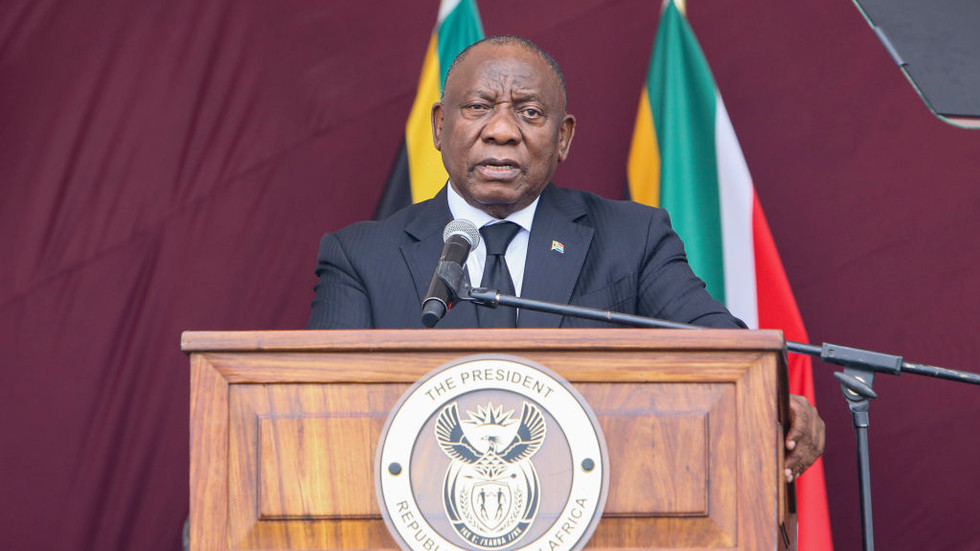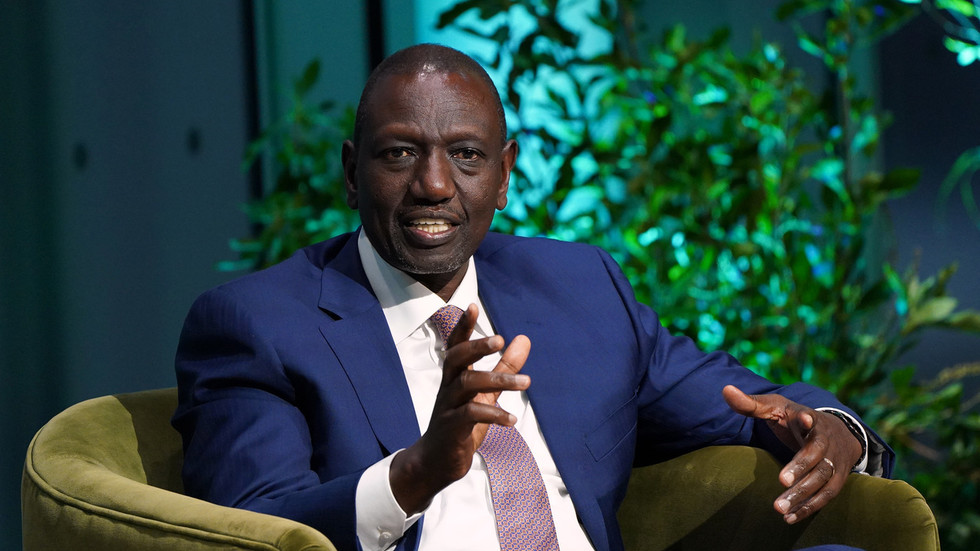A government college in Pakistan's capital Islamabad last year planned to merge its journalism and English departments, but an angry backlash from students forced it to backtrack on the idea.
"The administration claimed the merger of departments was necessary to cut costs, but it reconsidered the move after we protested," student Ammara Rajpoot told DW.
Students who want to pursue a career in journalism in Pakistan's northwestern province of Khyber Pakhtunkhwa are not so lucky. Several universities there have shelved their journalism programs due to declining demand — and at least five others are at risk.
"Nine teachers for 12 students at the journalism department of the Khushal Khan Khattak University Karak is enough to show the severity of the enrollment crisis," one of the teachers told DW.
 Since 1992, 64 journalists have been killed in connection with their work in Pakistan, according to data released by the US-based Committee to Protect JournalistsImage: Aamir Qureshi/AFP/Getty Images
Since 1992, 64 journalists have been killed in connection with their work in Pakistan, according to data released by the US-based Committee to Protect JournalistsImage: Aamir Qureshi/AFP/Getty ImagesMusharraf's media revolution
Pakistan has around 50 journalism schools, most of which were set up when then-Pakistani President General Pervez Musharraf liberalized the country's media sector in 2002, creating a sudden demand for journalists and other media workers.
More than two decades on, the schools are struggling to attract students amid a saturated media market in the South Asian nation.
"I took up a journalism graduate course but soon switched to a business program for a better future because both mainstream newspapers and news channels had limited openings," said former Allama Iqbal Open University student Eman Khan.
There are also reports of low salaries and delayed payments, as well as job insecurity across the media industry.
Mushroom growth
Some believe many universities opened journalism and mass communication departments without researching the potential of the media market.
Professor Mudassir Mukhtar, who heads the media department at the National University of Modern Languages (NUML) in Islamabad, said the media industry was generally present in Lahore, Islamabad and Karachi, so it was not a good idea to open journalism departments in other, more remote universities.
"These three major cities can no longer welcome media graduates or potential media practitioners from other regions, so low enrollments or closure of journalism departments is seen," he said.
Humna Raza — a social media pioneer
Dr Mukhtar Ahmad, chairman of the country's Higher Education Commission, which regulates Pakistan's colleges and universities, insisted that during the electronic media boom of the 2000s, many youths jumped on the news channel bandwagon without considering future prospects.
"The popularity of digital media burst the news TV 'bubble' causing large-scale layoffs and massive pay cuts, which disillusioned students with the profession of journalism."
Ahmad's sentiments are echoed by Aamir Ghauri, editor of Pakistan's leading English-language newspaper, The News International, who told DW that the country's economy was not strong enough to support an influx of media organizations through advertising. As such, many owners closed their TV stations.
"This made things hard for young journalists and broadcasters who joined the industry thinking there were lots of jobs. But it turned out there weren't as many as they thought," he said.
Dangerous place for critical journalists
Concerns about safety among journalists in Pakistan have been rising. The country's higher education watchdog (HEC) has identified threats to journalists' lives as a factor contributing to students' declining interest in pursuing media careers.
"Many in our country, especially women, consider journalism a dangerous profession due to high vulnerability to threats, harassment, kidnappings, attacks and even deaths, so they prefer other career paths," HEC chairman Dr Mukhtar Ahmad told DW.
A 2023 report from Freedom Network, an Islamabad-based civil liberties organization, echoed these concerns, noting a more than 60% increase in threats and attacks against journalists over the past year.
Shahida Zareef, a member of the editorial team at the private Urdu news channel Hum News, told DW that journalism students used to ask her for advice, but that was no longer happening.
"In the absence of qualified journalists, media organizations will struggle to maintain good standards of reporting and production," Zareef said.
"Ultimately, journalism as well as democracy will suffer."
Edited by: Keith Walker
Before you leave: Every Friday, the DW Asia newsletter delivers compelling articles and videos from around the continent right to your inbox. Subscribe below.

 5 months ago
25
5 months ago
25








